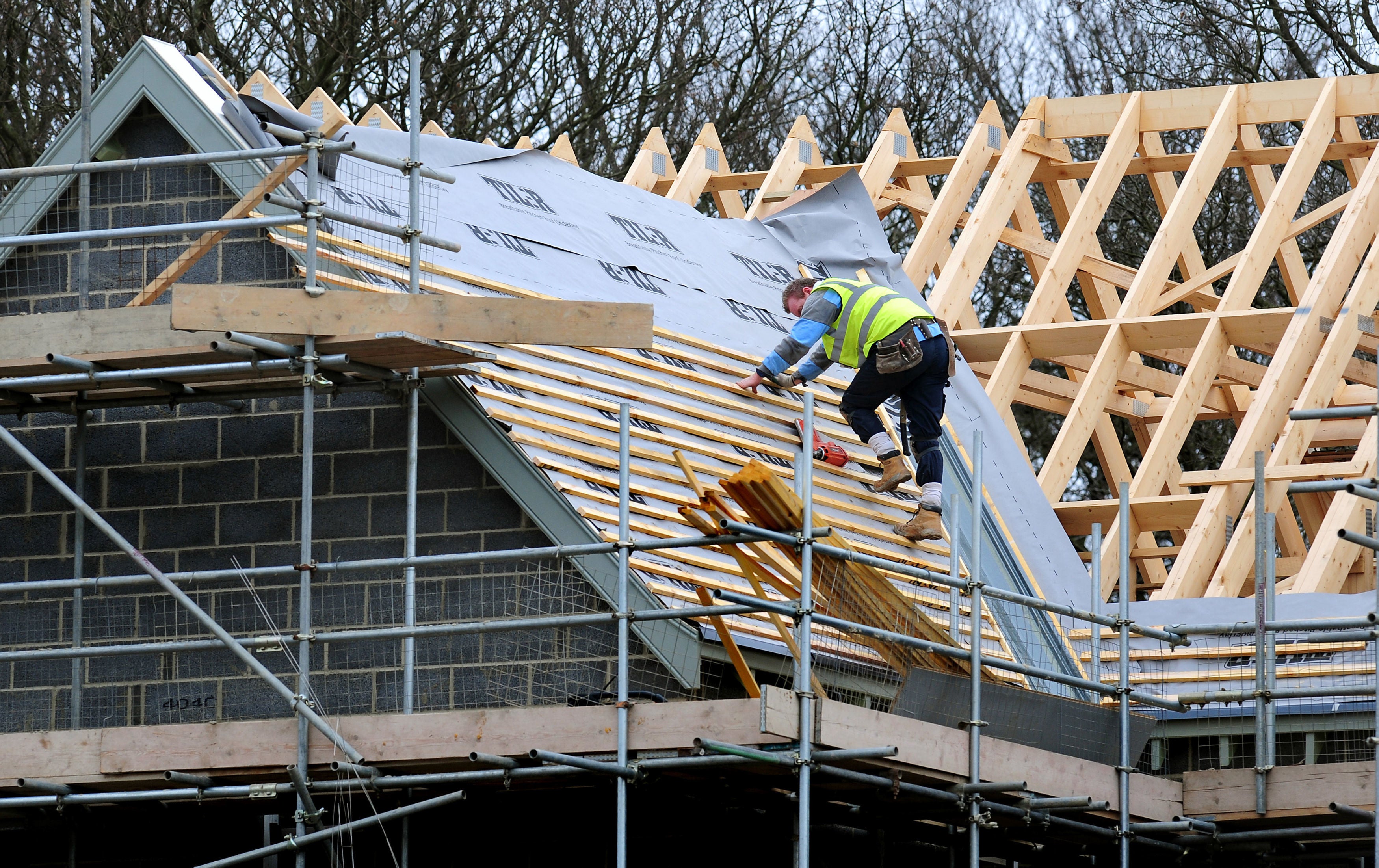Growth slows among construction firms
Costs are rising at a near-record rate, an influential survey has found.

Your support helps us to tell the story
From reproductive rights to climate change to Big Tech, The Independent is on the ground when the story is developing. Whether it's investigating the financials of Elon Musk's pro-Trump PAC or producing our latest documentary, 'The A Word', which shines a light on the American women fighting for reproductive rights, we know how important it is to parse out the facts from the messaging.
At such a critical moment in US history, we need reporters on the ground. Your donation allows us to keep sending journalists to speak to both sides of the story.
The Independent is trusted by Americans across the entire political spectrum. And unlike many other quality news outlets, we choose not to lock Americans out of our reporting and analysis with paywalls. We believe quality journalism should be available to everyone, paid for by those who can afford it.
Your support makes all the difference.The UK’s construction sector has grown healthily again in August, despite a slowdown from the prior month, new data shows.
A closely watched survey found that disruption in UK supply chains is pushing up prices at the second-highest rate in more than two decades.
The IHS Markit CIPS UK Construction Purchasing Managers’ Index (PMI) gave the sector a score of 55.2 last month, down from 58.7 in July.
It pushes the PMI score to its lowest since February amid shortages of materials and transport.
Yet the score is still a sign of growth in the sector – anything above 50 is considered positive.
On the demand side, the outlook for the construction sector remains very healthy
“Formidable supply chain pressures restrained purchasing activity and building projects across the board in August as 68% of construction companies reported even longer delivery times for materials compared to July,” said Duncan Brock, group director at the Chartered Institute of Procurement & Supply.
“A combination of ongoing Covid restrictions, Brexit delays and shipping hold-ups were responsible as builders were unable to complete some of the pipelines of work knocking on their door.”
More than eight in 10 businesses said they were paying more for supplies in August, the survey found.
The sector’s costs have therefore increased at their second-fastest rate in the survey’s 24-year history, beaten only by a record set two months ago.
Concrete fuel, steel and timber are the supplies that have shot up in price the quickest.
As the rate of new orders slowed in August, the sector hiring spree sank to a four-month low.
Although there is still a need for new staff, there is a lack of skilled workers and costs are higher, which has weighed on hiring.
Martin Beck, senior economic adviser to the EY Item Club, said: “On the demand side, the outlook for the construction sector remains very healthy.
“Structural factors – such as higher demand for larger, out-of-town, properties and retail-to-residential conversions in cities – will support new home building, while maintenance and repair activity will gain from the strength of households’ appetite for home improvements and the need to retrofit buildings to meet the Government’s net zero ambitions.
“And the higher levels of public sector investment planned for the next few years, including spending on infrastructure projects like HS2, will further boost activity.
“The construction sector faces significant supply-side issues in meeting this demand. EU workers returning home during the pandemic has decreased the availability of workers. And a synchronised global recovery in construction has pushed up the price, and reduced the availability of key materials such as cement, copper and steel.”